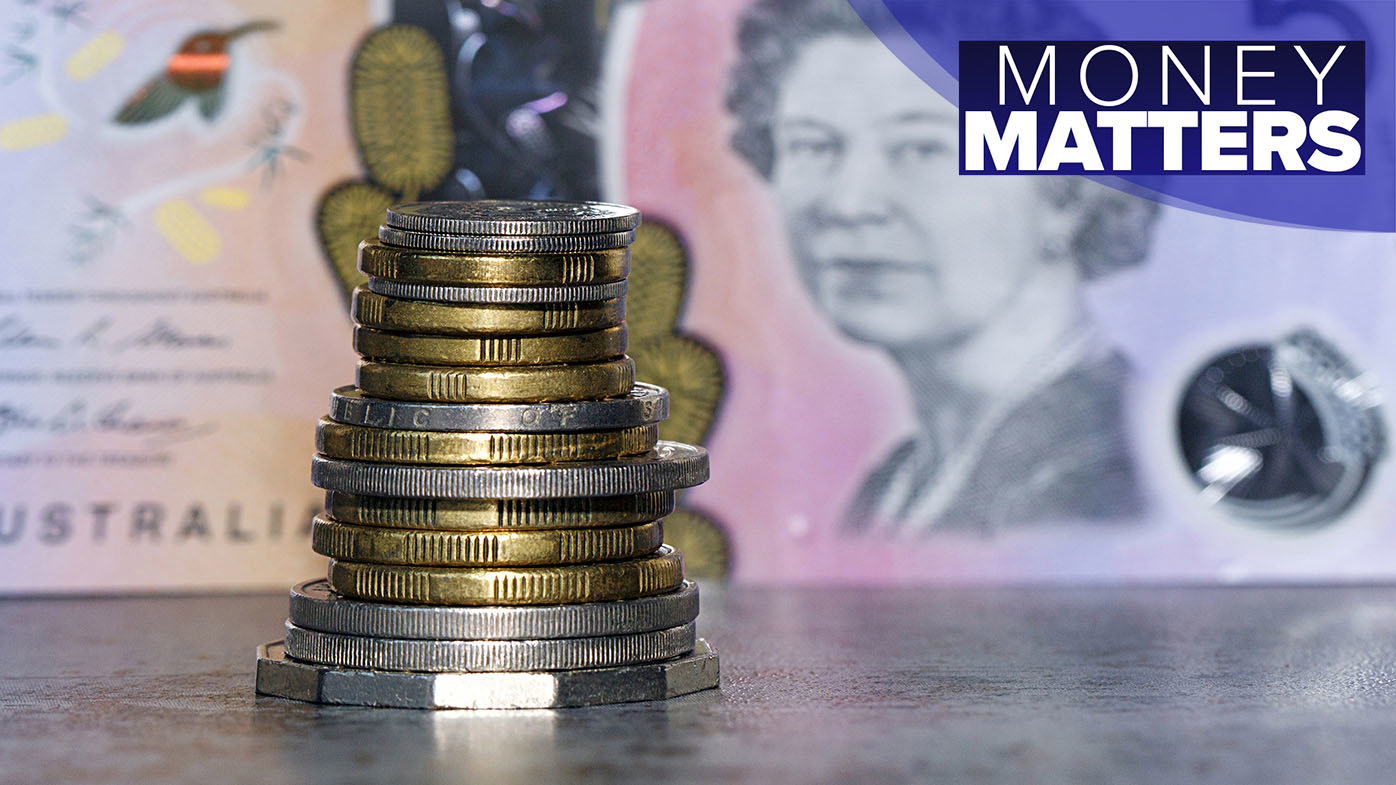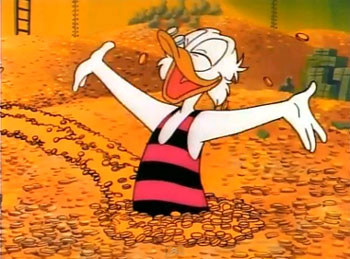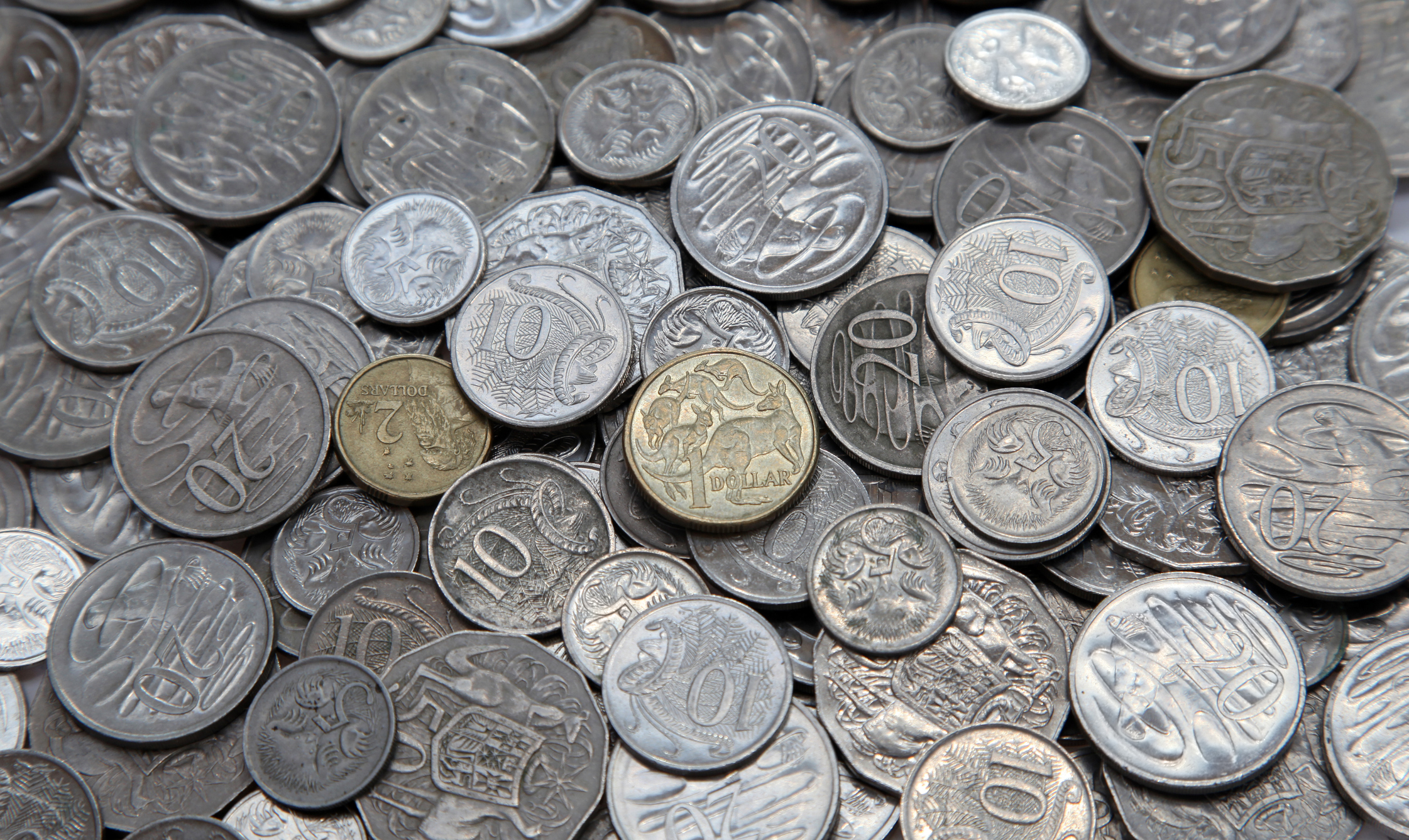Every week we will break down, debunk and demystify your rights as a shopper in Australia. This week we are looking at the rules around paying for goods and services using large amounts of coins.
We all know life is getting more expensive than ever before. It is more important than ever to stretch every dollar you make.
That's why each week we'll answer a question surrounding what shoppers are – and aren't – entitled to when dealing with retailers and manufacturers.
MONEY MATTERS: Staggering Aussie banknote law many break

Scrooge McDuck and all his coins
Hi Stu,
I've always wondered about how far you can go with paying for stuff in coins.
I receive a lot of tips in coins from my workplace and my side business and it's a hassle to go down to the bank to get them changed into notes or deposited into my account.
If I got a speeding fine, is there anything stopping me from walking down and handing over a big bag of five cent coins?
Could I pay an electricity bill with hundreds of gold coins?
Hi there,
Believe it or not - depending on the amount - a large amount of low-value coins is not actually considered to still be legal tender.
Let me explain.
Under the Currency Act 1965 there are restrictions on how much can be paid in coins.
MONEY MATTERS: The supermarket scanning error 'urban myth' laid bare

So, if you are paying with 1c or 2c coins (which have been withdrawn from circulation but are still legal tender) you can only pay an amount up to 20 cents with just these coins.
If you are using any combination of 5c, 10c, 20c and 50c coins you cannot exceed $5.
If you are using $1 or $2 coins you cannot exceed 10 times the face value of the coin (between $10 and $20).
The RBA puts it even more bluntly: "If someone wants to pay a merchant with five cent coins, they can only pay up to $5 worth of five cent coins and any more than that will not be considered legal tender."
MONEY MATTERS: The 'surge pricing' loophole companies can hide behind

As always, the provider of the goods or service you want to buy is "at liberty to set the commercial terms".
This means it is entirely within a shop or business's rights to say they will not accept cash as payment, or that they will not accept coins.
While this generally considered to be bad for business, it is not considered to be "unlawful".
Do you have a Money Matters question for Stu to answer? Contact him via email at smarsh@nine.com.au.
The information provided on this website is general in nature only and does not constitute personal financial advice. The information has been prepared without taking into account your personal objectives, financial situation or needs. Before acting on any information on this website you should consider the appropriateness of the information having regard to your objectives, financial situation and needs.
